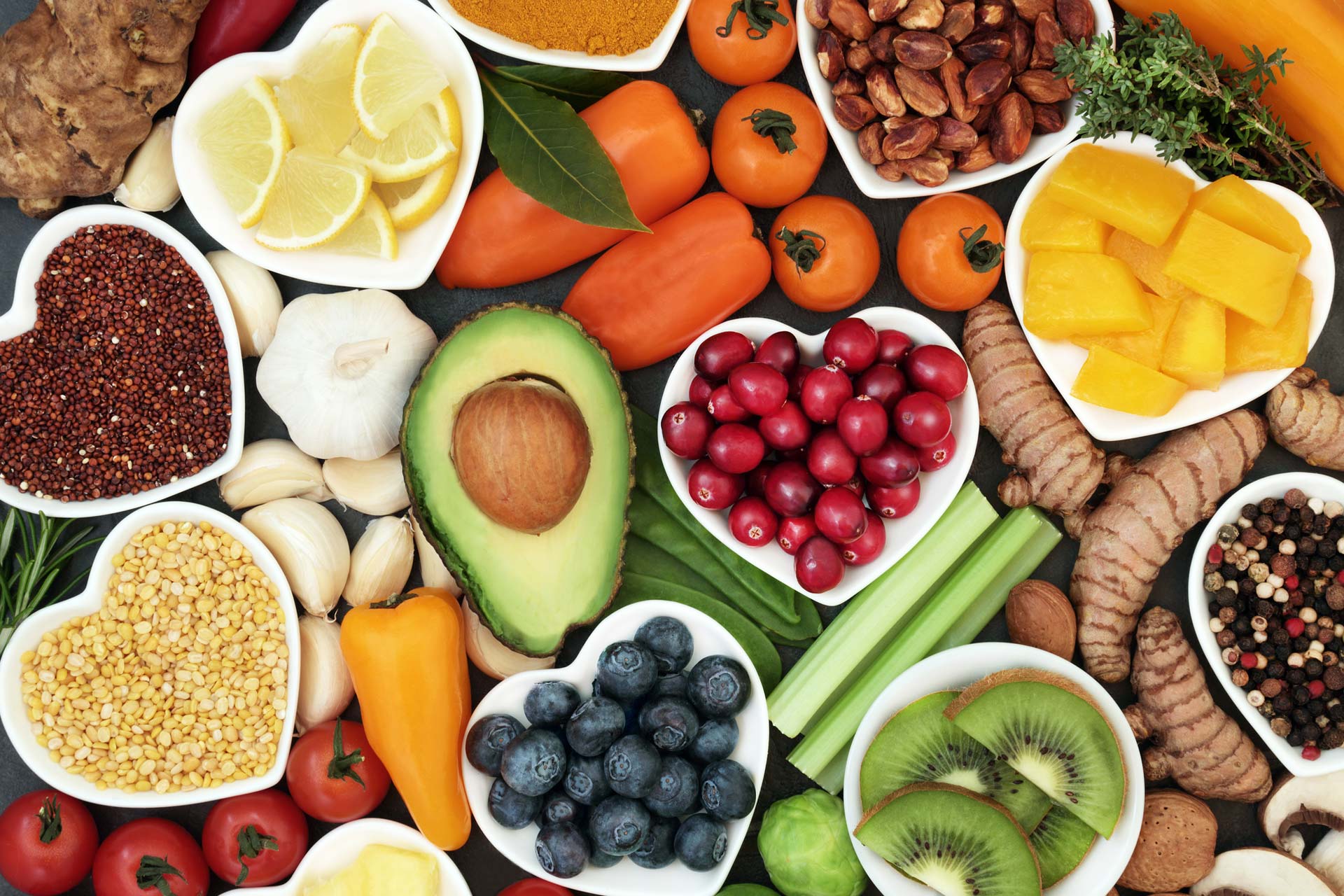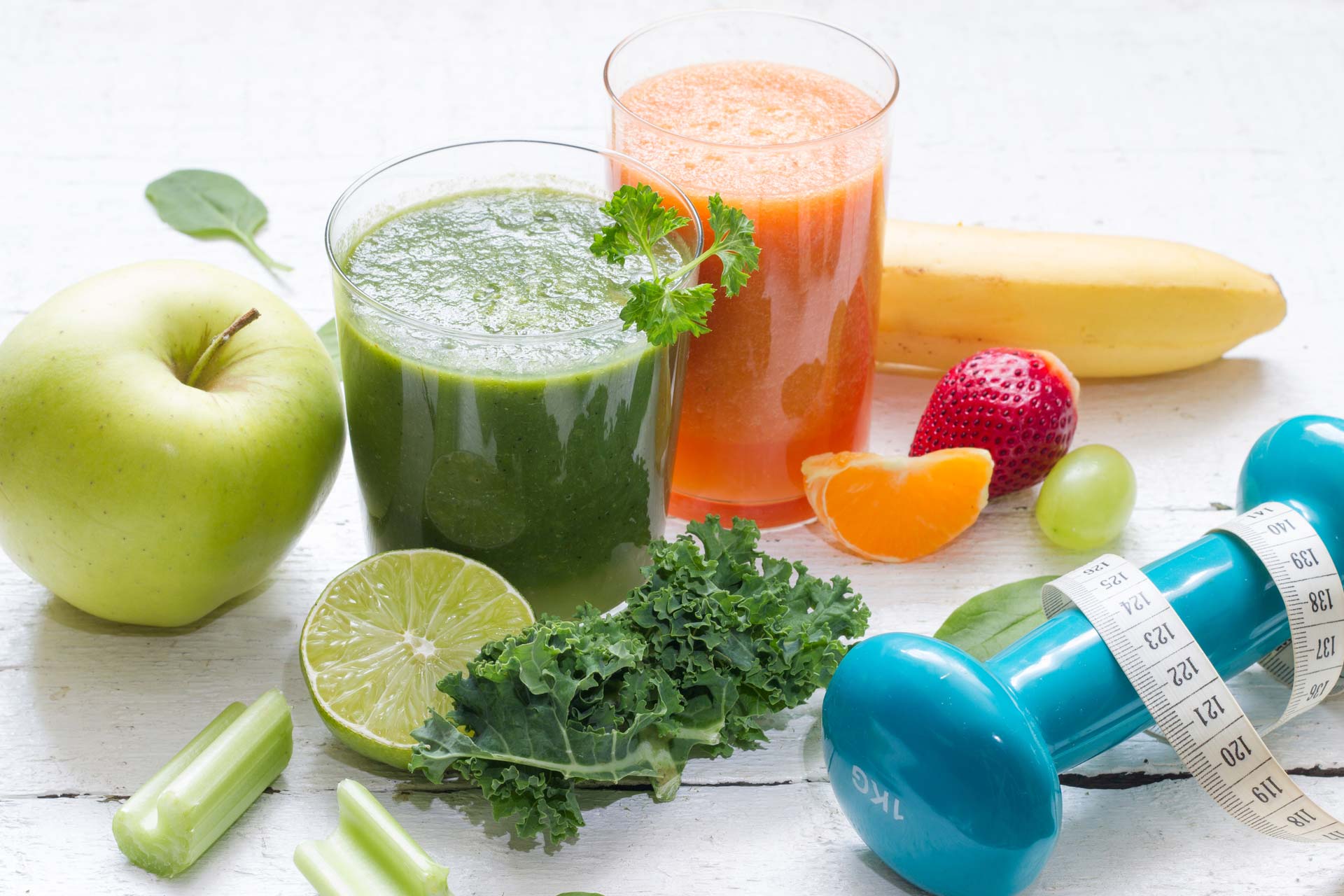Discover the 10 keys to good health

Our commitment to our clients’ good health is one of our priorities. We want to begin the year with the keys to leading a healthy life.
According to medical experts, the key to good health lies in a balanced life, with appropriate eating habits, sufficient rest, and regular exercise to counteract the sedentary lifestyle so prevalent in modern societies.
If in previous editions we have studied the correlation between sport and business, or we focussed on the specific recommendation of practising CrossFit, a sport currently in vogue among executives, on this occasion we hope to share the keys that will help us to have healthy and balanced eating habits.
All the advice expressed below comes from specialists belonging to our “Premium Advance Medical” service, exclusively available to our clients and their families, offering an expert medical attention service anywhere in the world.
The 10 keys to good health:
1. VARIETY
According to the most widespread recommendations on healthy eating, the simple foods that should be part of our daily diet are:
- Fresh fruit and vegetables, in the main.
- Cereals (maize, wheat, rice or oats) combined with pulses (white or red kidney beans, broad beans, lentils or chickpeas). We thus obtain better quality protein from plant sources.
- Few foods of animal origin (prioritising fish and skinned chicken over pork, lamb, etc.), and dairy produce (better skimmed/low fat).
- Preference for vegetable oils (virgin extra olive oil) over butter or margarine, as the former have essential fatty acids that are good for the heart, whilst the latter contains saturated and trans-fats.
Scientific evidence shows that this type of diet is associated with lower rates of cardiovascular and degenerative diseases and overweight or obesity.
2. FRUIT AND VEGETABLES EVERY DAY
We are advised to eat five portions of fruit and vegetables every day. From the nutritional viewpoint, these foods are beneficial because they are low in energy but rich in vitamins, minerals, fibre and anti-oxidants which perform multiple functions in our metabolism and protect our cells from oxidation.
3. FIVE MEALS A DAY
Nutrition experts coincide in stating that in addition to our three main meals, we should have two lighter ones (mid-morning and mid-afternoon) to complete and spread our daily calorie intake more evenly. This, therefore, implies having five meals a day at 3- to 4-hour intervals instead of three heavier ones. We thus attain stable sugar levels, better digestion and we are not so hungry at each meal.
However, the quality of the light meals is important: Fresh fruit, yoghurt or skimmed dairy produce, rather than fried snacks or sweets.
4. FRESH AND BETTER-COOKED FOODS
To eat healthily it is important to choose the raw materials carefully: Fresh fruit, greens and root vegetables, cereals (better wholegrain), pulses, fish and white meats (rather than red meats), nuts, olive and other vegetable oils (except palm oil). Likewise, it is recommended we opt for healthier ways of cooking that better retain the food’s nutritional qualities: Baking/roasting, steaming, wok and leave frying and battering for odd occasions.
Doctor’s recommendations focus above all on correct eating habits and physical exercise
5. FEWER SUPERFLUOUS PRODUCTS AND LESS SUGAR
We resort more than we should to foods which, from the nutritional viewpoint, are very poor. This is true of soft drinks comprising mostly water, additives and sugar, which translates into an increase in calories but little of nutritional value. We also eat more industrial buns and cakes than we should; they are fully expendable and high in saturated fats and sugar. Excessive amounts of sugar foster excess weight, therefore we should aim to limit our consumption of cakes, chocolate, soft drinks (we should ask for low-calorie versions) as they are all high in calories.
Lastly, we should mention pre-cooked foods which, whilst an easy option for one-off occasions, usually contain high levels of salt, fat and additives. Therefore we should moderate our consumption.
6. MORE WATER
Our body needs water and we should spread our intake over the whole of the day, drinking around eight glasses in total. In addition to plain water, we can also take it in the form of teas, natural juices and broths.
7. ALCOHOL UNDER CONTROL
Alcohol, for its part, provides many empty calories; , therefore, we should consume it responsibly, avoiding, above all, spirits and strong alcoholic beverages.
8. HEALTHIER FATS
As far as fat consumption is concerned, we do not have to eliminate them, but rather choose those that are more beneficial and take them in the recommended doses, because we need them. We should choose fats of vegetable origin (except palm oil), such as olive oil, rather than fats of animal origin (saturated) present in meats, cured sausages, industrial buns and cakes, fat cheeses, butter…
9. BEWARE OF SALT!
Avoid oversalting food and try not to take the salt cellar to the table. An alternative is to season food with lemon, spices, herbs, vinegar, etc. Furthermore, many foods already contain a lot of salt, even though we are unaware of this: Cheese, bread, pre-cooked foods… If we have to control the salt in our diet (e.g. if we have high blood pressure or other diseases that so require), it is important to pay attention to those foods, as well as to the sauces we often add to dress our dishes and use them in moderation.
10. SHOPPING RESPONSIBLY
Shopping is key to healthy eating as what reaches our kitchen is what will condition the contents of our daily menus. Therefore planning our menus and what we buy is of key importance; in both cases, improvisation gives rise to less balanced and probably more energy-charged meals.
AND WE MUSTN’T FORGET TO EXERCISE…
Physical activity is primordial for a healthy life. Most of us have an eminently sedentary lifestyle, therefore we have to find time to do some physical activity, given that sport is beneficial for our heart, our respiratory system, musculoskeletal system and our emotional well being.
Sport is a must in our lives from an early age because it is thus easier to keep up as adults. The ideal thing would be to do some 30 minutes’ physical activity every day.
We should do aerobic activities (swimming, running, cycling, rowing) some three times a week, 20 minutes at a time. Anaerobic activities, such as body-building, are recommended two to three times a week.
We can also change some of our everyday habits to improve our physical condition, such as using the stairs instead of the lift or walking to places that are close by rather than using a means of transport. Likewise, if our job involves being seated or in the same position for long periods, it is convenient to spend a few minutes every hour doing some small stretches and relaxing our muscles to avoid straining muscles and joints.
BBVA IN SWITZERLAND COMMITTED TO YOUR GOOD HEALTH
BBVA in Switzerland, in conjunction with Advance Medical, offers its clients the possibility of requesting a second expert medical opinion from the best specialists worldwide.
An exclusive service for our Private Banking clients.
For further information, please contact your Investment Advisor.
Related news
-

The benefits of cycling to work: a healthy life
BBVA Suiza, in conjunction with Pro Velo Switzerland, is encouraging its employees to adopt a healthy lifestyle and team work with this fun challenge: cycling to work during at least half of the month of June. This challenge not only highlights our value of working as one team but also offers a number of benefits which will help our employees embrace a healthy lifestyle.
-

Sustainable foods II: Community gardens
Sensitivity to ecology issues, raised awareness concerning the protection of the natural heritage we share and the search for and return to balanced and sustainable ways of life are features increasingly more widespread in western society. In the world’s major cities, from London to Vancouver, there are mainly private initiatives to incorporate cohabitation areas based on the idea of community gardens or allotments.
















